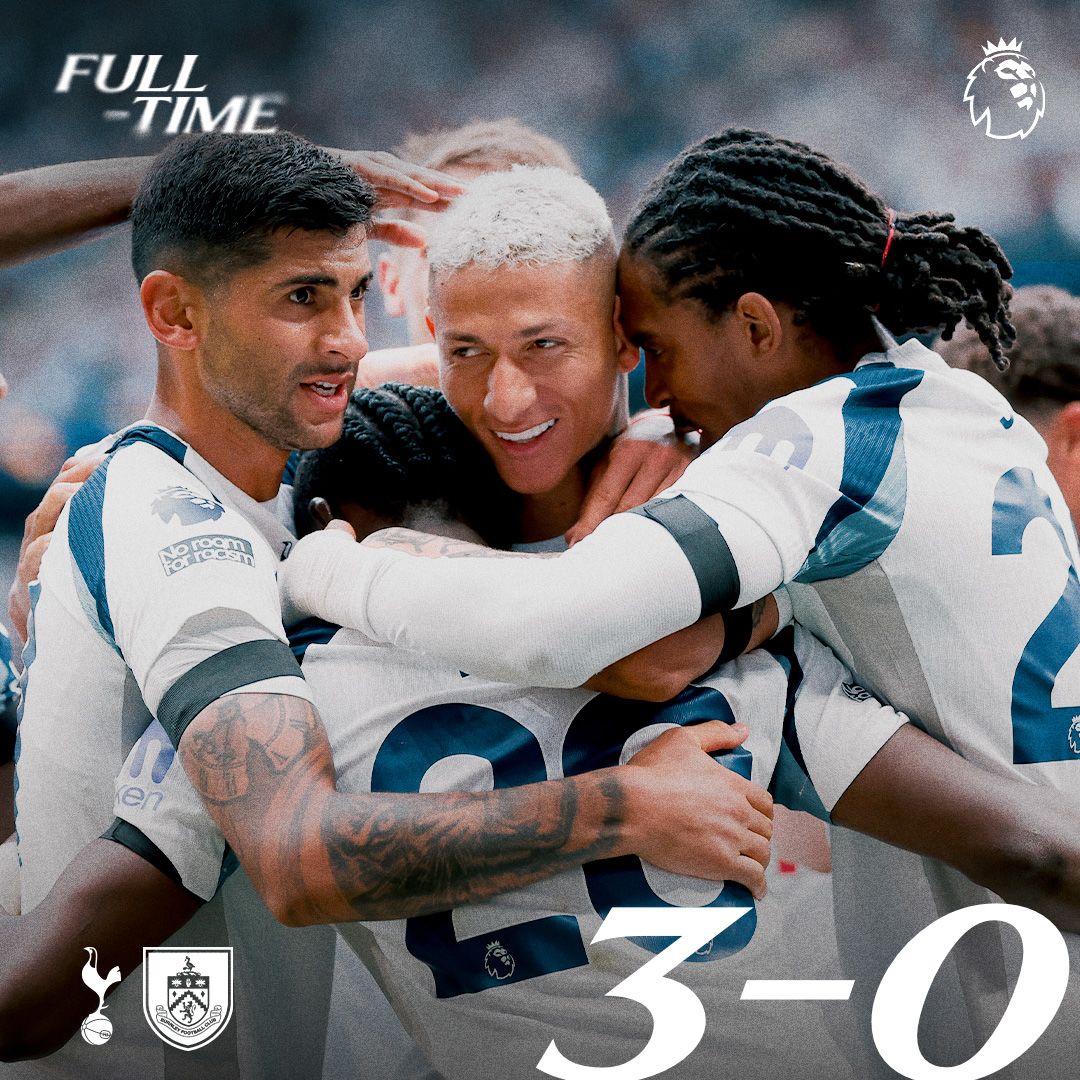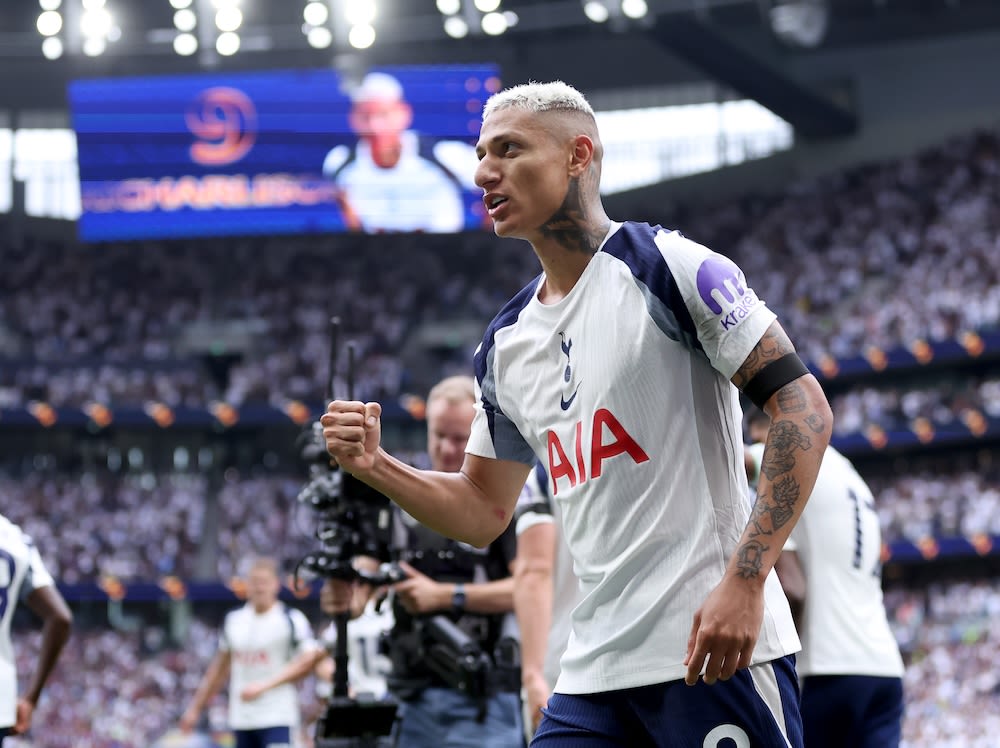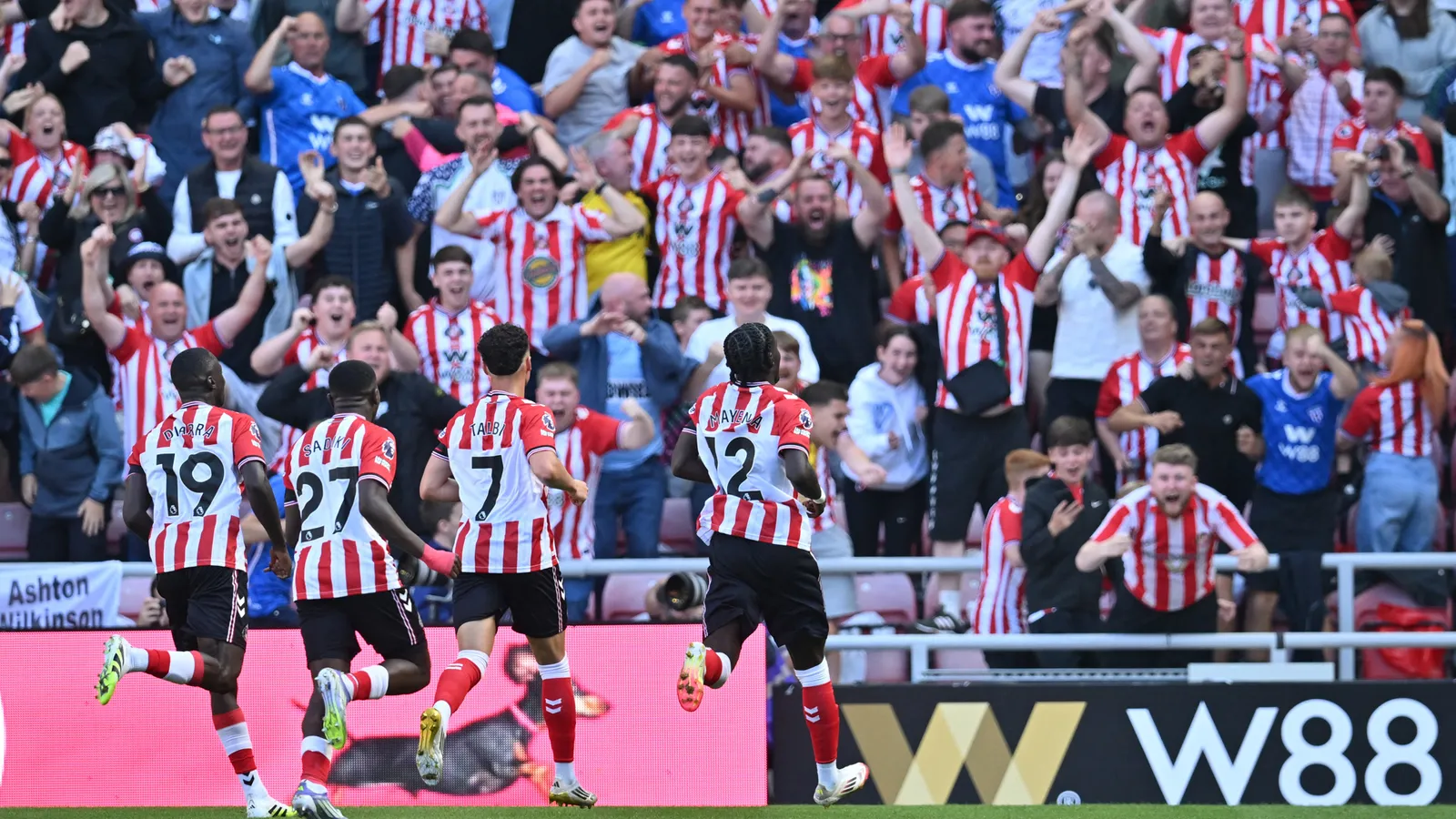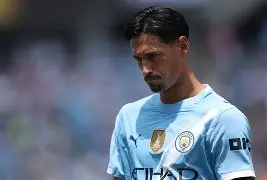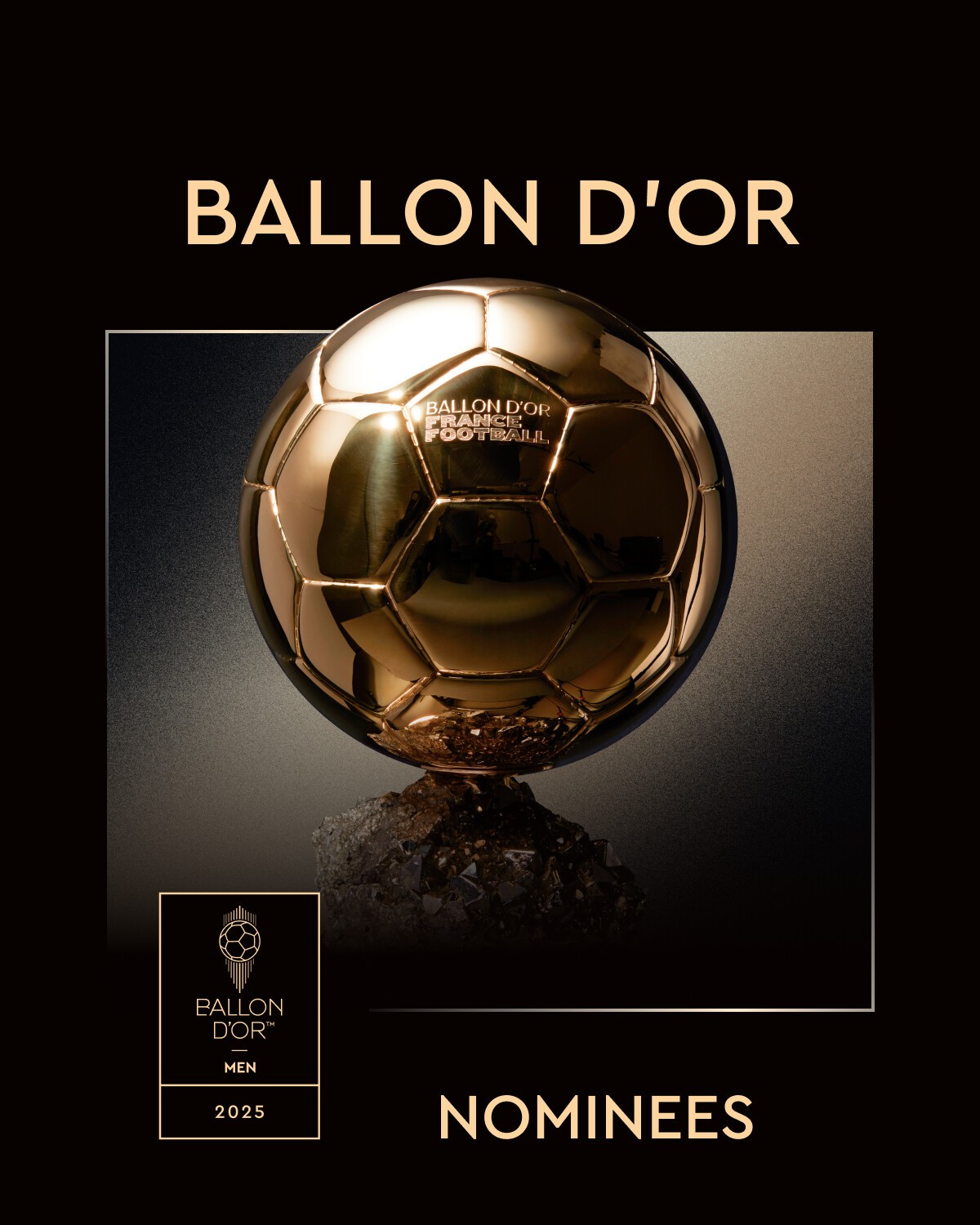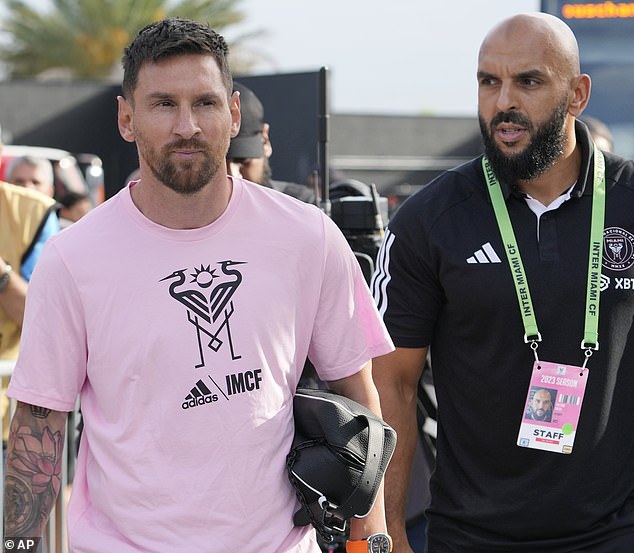
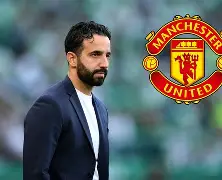
Manchester United enter the 2025/26 Premier League season burdened with expectation, scrutiny, and a burning need to restore lost glory. Last year’s campaign, ending in a staggering 15th-place finish, marked one of the darkest chapters in the club’s modern history. With no European football to soften the blow and an astonishing nine league defeats at Old Trafford, change was inevitable. The appointment of Ruben Amorim was the board’s most decisive act—a bold swing at restarting the club’s footballing identity. Now, with a revamped frontline and a full preseason under his command, Amorim faces one of the most daunting managerial tasks in world football: making Manchester United competitive again.
A New Manager in the Spotlight
Ruben Amorim arrives with a formidable reputation forged in Lisbon. During his time at Sporting CP, the Portuguese coach built a side that blended tactical discipline with aggressive transitions, employing his trademark 3-4-3 formation. That system delivered Sporting’s first league title in nearly two decades and enhanced his status as one of Europe’s most sought-after young managers.
At Old Trafford, however, Amorim has inherited a squad previously assembled without that tactical model in mind. Last season’s struggles highlighted an imbalance: a slow, inconsistent team often caught between defensive fragility and attacking impotence. This season represents Amorim’s first real chance to shape the squad to his vision. The tactical experiment has so far been promising in pre-season—back-threes, wing-backs pushed high, and a greater intensity in pressing—but the true test will come in competitive fixtures against elite opposition.
A £200 Million Attack to Solve the Goals Crisis
Perhaps the most glaring failure of United’s 2024/25 campaign was their inability to score goals. With just 44 strikes across 38 league matches, they limped through games without a reliable attacking spearhead. That deficiency prompted Sir Jim Ratcliffe and the football leadership team to back Amorim in the summer window, delivering an attacking haul that exceeded £200 million.
Benjamin Sesko arrives as the marquee signing, a forward whose blend of power, pace, and aerial ability suggests clear compatibility with Amorim’s system. He is expected to serve as the focal point of a restructured attack. Matheus Cunha, energetic and versatile, offers both pressing intelligence and creativity between the lines, fitting Amorim’s demand for forwards to contribute heavily in build-up and defensive phases. Bryan Mbeumo, meanwhile, brings Premier League-proven dynamism, particularly in wide areas—a vital asset for stretching defences and rotating between inside-forward and wing-back duties when systems shift.
The expectation is that this trio, supported by a healthier and more balanced midfield, can convert United from one of the division’s least potent attacks into a side capable of challenging for Champions League qualification. Anything less would represent a failure of strategic planning.
Expectations: Return to the Elite or Bust
The atmosphere around Old Trafford is one of cautious optimism but firm expectation. Supporters, starved of progress after years of false dawns, demand not only improvement, but tangible steps toward competing at the top again. Sir Jim Ratcliffe’s INEOS-led board has made Champions League qualification the non-negotiable benchmark. For a club of United’s stature, merely returning to the top four has shifted from ambition to obligation.
The media, too, are unforgiving. With United’s global profile and financial power, another season outside Europe’s elite competition would fuel harsh scrutiny of both Amorim and the club’s leadership. Amorim, for all his promise, will quickly learn that patience is a commodity rarely afforded at Old Trafford.
Turning Old Trafford into a Fortress Once More
Perhaps the most symbolic challenge Amorim inherits is repairing United’s battered home reputation. Once a fortress synonymous with dominance, Old Trafford became a stadium of vulnerability last season: nine losses in 19 league matches, an unforgivable statistic for any side—let alone Manchester United.
The emphasis this season will therefore be on consistency at home. Amorim’s pressing game and tactical compactness must translate to a team that controls matches, neutralises counter-attacks, and inspires fear in opponents. Without a strong home record, even the most lavish investment cannot compensate for lost points.
Beyond the Pitch: United’s Wider Rebuild
Off-field turbulence also lingers. Structural changes initiated under INEOS ownership, from recruitment models to stadium redevelopment discussions, add layers of complexity. United are still a club in transition, trying to modernise both football operations and commercial structures while simultaneously dealing with the weight of their history. Amorim is the figurehead of this new chapter, but he cannot repair the institution alone. Cohesion between manager, board, and recruitment staff will be crucial.
Opening Test Against Arsenal
Amorim’s initiation could hardly be tougher: an opening fixture against Arsenal, a side consistently challenging near the top. Beyond its immediate importance, the game serves as an early litmus test. Can Amorim’s shape withstand elite pressure? Will the new attacking trio gel in competitive action? And perhaps most importantly, will Old Trafford roar with belief after the final whistle, rather than frustration?
Conclusion: The Stakes Couldn’t Be Higher
Manchester United under Ruben Amorim represent a story of renewal on precarious footing. The disastrous campaign just passed has left little margin for error; failure to deliver significant progress would heap enormous pressure back onto the project.
For Amorim, this season offers both risk and opportunity. Establishing his tactical ethos, integrating marquee signings, and restoring Old Trafford’s aura are immense tasks—but they must be accomplished swiftly. For United as a club, the stakes are equally transparent: return to the Champions League, or risk another cycle of upheaval and disappointment.
The Amorim era begins now. Whether it heralds rebirth or repeats familiar decline will become clearer very soon—starting with Arsenal, and extending across a nine-month campaign that could define Manchester United’s future.





